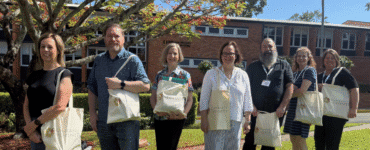There is a time for the intensive week or two weeks of classes. They have a fierce reputation. What makes for a good intensive learning experience?
Here are a few thoughts (from a teacher’s perspective, taking on board student experience):
Use intensives when:
- Needed for student access (work, location, commitments)
- Part of flexible offerings to allow easier access from different student groups
- Timetabling needs this to maximise use of resources
Avoid intensives when:
- The learning process requires major paradigm shifts
- A new skill set needs to be learned, refined and practised
- Students have less well developed learning skills
Include in your intensive:
- Feedback on early assessment tasks (If students have 25% or more of the final marks “in the bag” at the end of the intensive, they are more likely to complete)
- Planning for major assessment tasks (so that in two weeks when they return to this the students don’t feel like they are starting from scratch.
- Fun.
- Group work if you can, to build some connections between students.
- Food and celebration.
Evaluating your intensive:
Feature Image copyright Kasia Bialasiewicz Used by permission.
John Mark Capper is an ordained Anglican theologian, educational leader. He is the Academic Dean at Stirling Theological College, involved in organisational governance as well as in teaching and mentoring teachers in theological education.
John’s PhD is from the University of Cambridge, and his ongoing research is in joy, contemporary theology and ministry practice, and theological education, particularly the use of web-based technologies.






Add comment